HELP ACCELERATE RESEARCH FOR
Warm Autoimmune Hemolytic Anemia (wAIHA)
Study
Warm Autoimmune Hemolytic Anemia (wAIHA) At-Home Research Study
Location: Nationwide
Compensation: $100
Length: 30 MINUTES
The goal of this research is to allow researchers to enhance our understanding of warm autoimmune hemolytic anemia (wAIHA), in support of developing new diagnostic and treatment options for patients living with the condition.
You may qualify if you:
- Are between 18 and 85 years of age
- Are diagnosed with warm autoimmune hemolytic anemia (wAIHA)
- Live in the United States
You may not qualify if you:
- Are taking any of the following b-cell depletion therapies within 120 days of sample collection:
- CD20 monoclonal antibody treatments (rituximab, ocrelizumab)
- CD19 (blinatumomab)
- CD22 (epratuzumab, inotuzumab ozogamicin)
- BAFF (Belimumab)
- Are pregnant or nursing
- Have a known history of HIV, hepatitis, or other infectious diseases
- Experienced excess blood loss including blood donation defined as 250 mL in the last month or 500 mL in the last two months
How It Works
It’s a simple three-step process
Step 1: Tell us about yourself
Submit a health profile by answering basic questions about your medical history.
Step 2: See if you qualify
Speak with a research coordinator to learn more about what is required to participate.
Step 3: Participate from Home
Complete study requirements from Home with the help of our mobile health staff.
Frequently Asked Questions
You can withdraw from the study or decline participation at any time for any reason.
All of our studies and staff are HIPAA compliant and follow all state and federal regulations. We keep your information confidential. Check out our privacy and protection policies to learn more.
Yes. However, to participate in most studies, you will need to provide proof of your diagnosis. Even if you are not currently seeing a physician, you can still sign an authorization for Medical Record Release from your former physician that can serve as proof of diagnosis. Previous medical records can serve as proof of diagnosis.
We may ask you to sign a Release of Medical Records so that we can provide researchers with the data they need to conduct as comprehensive of a study as possible. Your de-identified medical information will help translate laboratory results from collected samples into clinical information that may be used to develop new therapies and/or diagnostics.
No. We collect blood and other samples from donors in order to provide scientists with quality samples for their research. We do not perform diagnostic tests.
